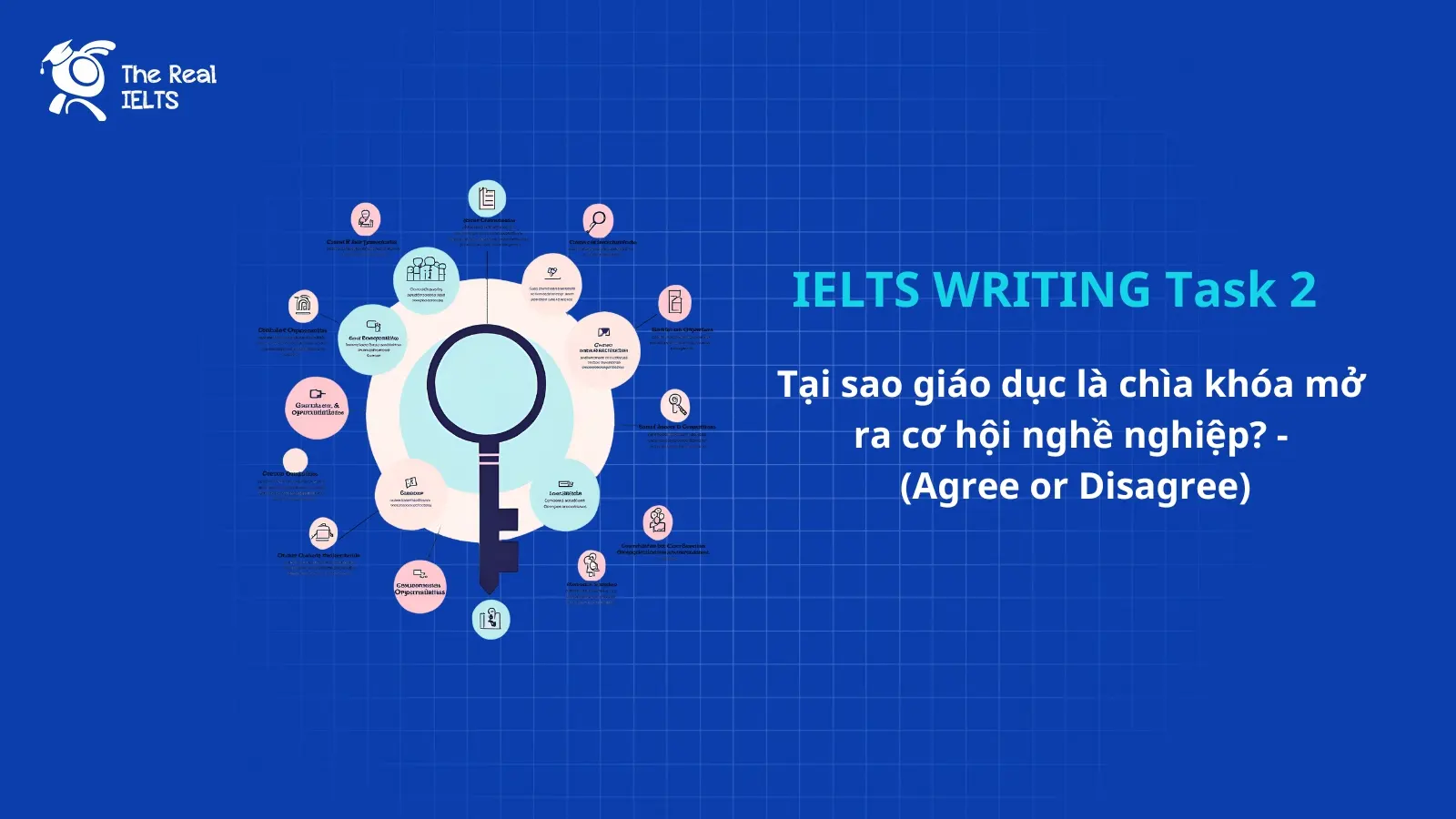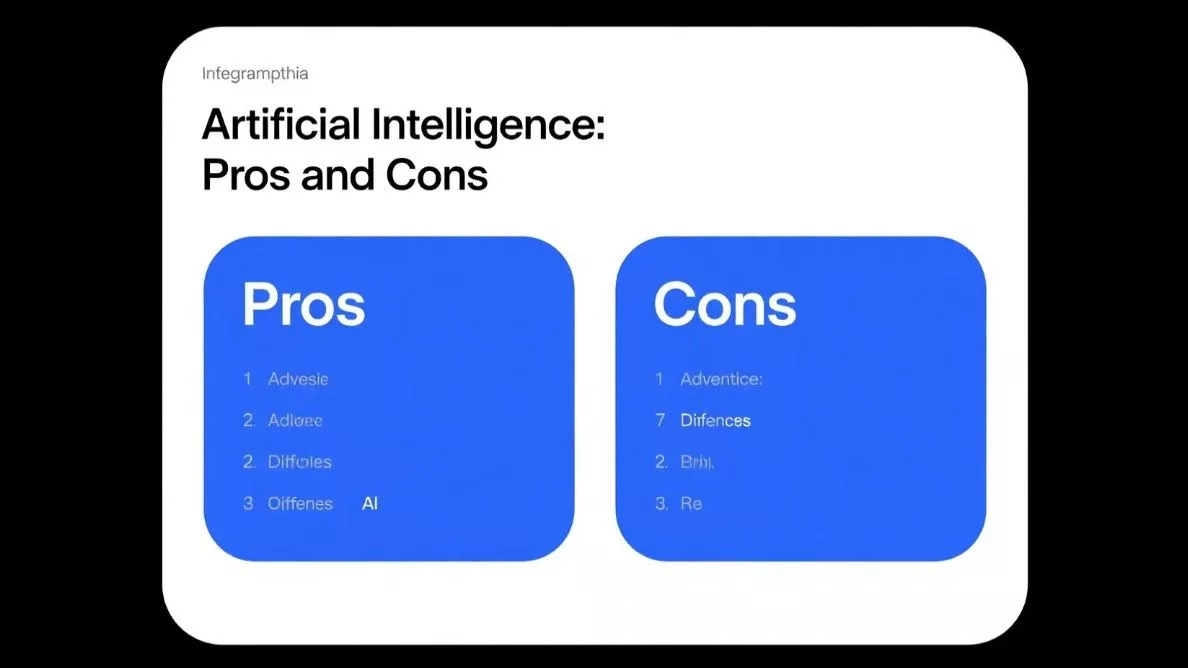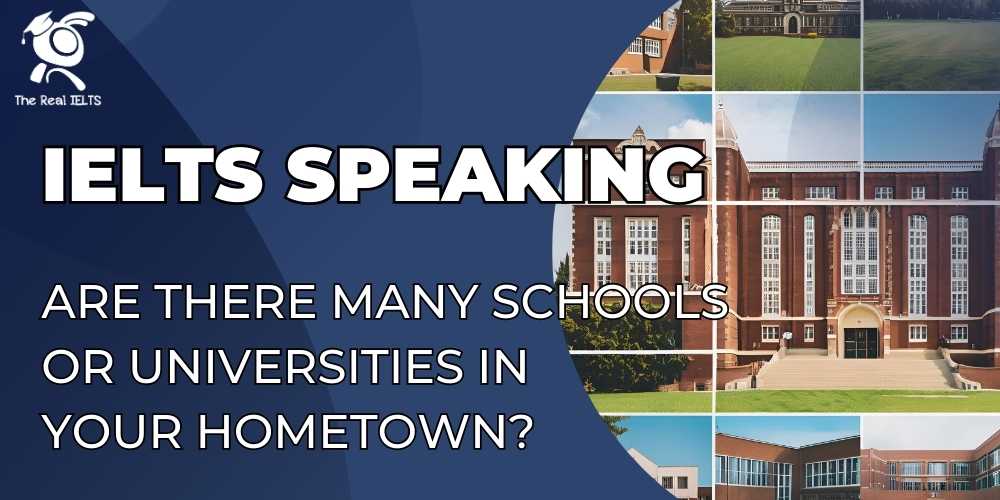Trong IELTS Writing Task 2, dạng Opinion Essay thường yêu cầu thí sinh bày tỏ quan điểm về vai trò của giáo dục trong sự nghiệp. Nhiều người cho rằng giáo dục là chìa khóa mở ra cơ hội nghề nghiệp, giúp nâng cao kỹ năng và thu nhập. Vậy quan điểm này có chính xác?
Đọc thêm: IELTS Writing Task 2: Giáo dục và vai trò trong phát triển cá nhân- Two-part Question Essay
Đề bài IELTS Writing Task 2: Tại sao giáo dục là chìa khóa mở ra cơ hội nghề nghiệp? – Agree or Disagree
“Education is the key to better career opportunities.” To what extent do you agree or disagree?
Câu trả lời 1
Essay Structure:
- Introduction
- Paraphrase the statement
- State your opinion (agree, disagree, or partial agreement)
- Body Paragraph 1: Education as the Key to Career Opportunities
- Explain how education provides essential knowledge and skills
- Give examples (higher qualifications leading to better job prospects)
- Body Paragraph 2: Limitations of Education Alone
- Discuss other factors (experience, networking, soft skills)
- Provide examples (entrepreneurs or self-taught professionals)
- Conclusion
- Summarize key points
- Restate opinion
Sample Essay:
Introduction
Education has long been regarded as the foundation of career success, equipping individuals with knowledge and expertise. While I agree that education plays a crucial role in opening career opportunities, I also believe that other factors, such as experience and personal skills, are equally important.
Body Paragraph 1: Education as a Pathway to Success
A solid education provides individuals with specialized knowledge and technical skills required for many professions. For instance, careers in medicine, engineering, and law demand extensive academic qualifications, which act as a prerequisite for entry into these fields. Furthermore, higher education often enhances problem-solving abilities and critical thinking, making graduates more competitive in the job market.
Body Paragraph 2: Other Crucial Factors
However, education alone does not guarantee career success. Many employers prioritize work experience, interpersonal skills, and adaptability. For example, successful entrepreneurs like Steve Jobs and Mark Zuckerberg built their careers without completing formal education, relying instead on innovation and business acumen. Additionally, industries such as sales and creative arts value networking and talent over academic credentials, proving that practical experience can be just as vital as education.
Conclusion
In conclusion, while education is a key factor in securing better career opportunities, it is not the sole determinant of success. Experience, personal skills, and industry-specific demands also play a significant role. Therefore, a balanced approach that combines formal education with practical experience is the most effective strategy for career advancement.
Câu trả lời 2
Essay:
Education has long been regarded as the foundation of professional success, with many believing that it is the most crucial factor in securing better career opportunities. While I agree that education plays a vital role in shaping one’s career prospects, I also acknowledge that other factors, such as experience, skills, and networking, are equally important.
On the one hand, formal education provides individuals with essential knowledge and qualifications, which are often prerequisites for many careers. Degrees and certifications serve as proof of expertise, making candidates more competitive in the job market. Moreover, education enhances critical thinking, problem-solving abilities, and adaptability, all of which are highly valued by employers. For instance, fields like medicine, law, and engineering require extensive academic training, making education indispensable for career advancement.
On the other hand, having a strong educational background does not guarantee success in every profession. Many industries, particularly those in entrepreneurship, technology, and the arts, place greater emphasis on practical experience, creativity, and networking. Some of the world’s most successful individuals, such as Steve Jobs and Elon Musk, achieved remarkable careers without following a traditional educational path. Additionally, soft skills like communication, leadership, and resilience often outweigh formal qualifications in determining long-term success in competitive industries.
In conclusion, while education undoubtedly opens doors to better career opportunities, it is not the sole determinant of success. A combination of education, practical experience, and interpersonal skills is essential for career growth. Therefore, while I agree with the statement to a large extent, I also recognize that success is influenced by multiple factors beyond just formal education.
Câu trả lời 3
I partially agree with the statement that “Education is the key to better career opportunities,” but I also believe that other factors play a crucial role in career success.
Why Education is Important for Career Opportunities
- Knowledge and Skills: Formal education provides individuals with fundamental knowledge and technical skills needed for various professions. For instance, careers in medicine, engineering, and law require specialized education.
- Qualifications and Credentials: Many employers require specific degrees or certifications as a minimum requirement for job positions.
- Networking and Exposure: Schools, colleges, and universities offer opportunities to connect with peers, mentors, and industry professionals, which can be beneficial for career advancement.
- Higher Earning Potential: Studies suggest that individuals with higher education levels tend to earn more than those without formal education.
Why Education Alone is Not Enough
- Skills and Experience: Practical skills, work experience, and hands-on training are often more valuable than academic degrees in certain fields like entrepreneurship, arts, and technology.
- Networking and Connections: Personal and professional networks can open doors to job opportunities regardless of formal education.
- Adaptability and Soft Skills: Problem-solving, communication, and leadership skills are crucial for career growth, and these are not always acquired through traditional education.
- Entrepreneurship and Alternative Paths: Many successful individuals, including business leaders and innovators, have achieved success without formal higher education (e.g., Steve Jobs, Elon Musk).
Conclusion
While education is a strong foundation for career success, it is not the only determining factor. Practical experience, skills, networking, and personal drive are equally important. Therefore, I believe that while education plays a significant role, it should be complemented with other career-building efforts for the best opportunities.
1. Phân tích Ngữ pháp
Câu mở đầu
I partially agree with the statement that “Education is the key to better career opportunities,” but I also believe that other factors play a crucial role in career success.
- Cấu trúc câu: Đây là một câu phức hợp (complex sentence) với hai mệnh đề chính được kết nối bằng liên từ but (nhưng).
- Thì của động từ: I partially agree sử dụng thì hiện tại đơn (present simple), phù hợp khi bày tỏ quan điểm chung.
- Cách dùng từ:
- partially agree → diễn đạt mức độ đồng ý không hoàn toàn.
- crucial role → cụm danh từ mang nghĩa “vai trò quan trọng”.
Đoạn 1: Vì sao giáo dục quan trọng
Formal education provides individuals with fundamental knowledge and technical skills needed for various professions.
- Cấu trúc câu:
- Chủ ngữ: Formal education (Giáo dục chính quy).
- Động từ: provides (cung cấp) – chia ở thì hiện tại đơn.
- Bổ ngữ: fundamental knowledge and technical skills (kiến thức cơ bản và kỹ năng kỹ thuật).
- Mệnh đề quan hệ rút gọn: needed for various professions thay cho which are needed for various professions → giúp câu súc tích hơn.
Many employers require specific degrees or certifications as a minimum requirement for job positions.
- Cấu trúc câu đơn (simple sentence) nhưng có đủ thành phần:
- Chủ ngữ: Many employers (Nhiều nhà tuyển dụng).
- Động từ: require (yêu cầu).
- Tân ngữ: specific degrees or certifications as a minimum requirement (bằng cấp hoặc chứng chỉ cụ thể như một yêu cầu tối thiểu).
- Cách dùng từ:
- specific degrees or certifications → diễn đạt yêu cầu cụ thể.
- minimum requirement → cụm danh từ chỉ yêu cầu tối thiểu.
Đoạn 2: Vì sao giáo dục không phải là yếu tố duy nhất
Practical skills, work experience, and hands-on training are often more valuable than academic degrees in certain fields like entrepreneurship, arts, and technology.
- Cấu trúc song song (parallel structure):
- Practical skills, work experience, and hands-on training → ba danh từ liệt kê song song.
- entrepreneurship, arts, and technology → ba lĩnh vực liệt kê song song.
- So sánh: more valuable than academic degrees → sử dụng cấu trúc so sánh hơn (more + adj + than).
- Cách dùng từ:
- hands-on training → chỉ đào tạo thực hành, mang tính ứng dụng.
- academic degrees → bằng cấp học thuật.
Câu kết luận
While education is a strong foundation for career success, it is not the only determining factor.
- Câu phức hợp:
- While education is a strong foundation for career success → mệnh đề phụ chỉ sự nhượng bộ.
- it is not the only determining factor → mệnh đề chính.
- Cách dùng từ:
- strong foundation → diễn đạt nền tảng vững chắc.
- determining factor → yếu tố quyết định.
2. Phân tích Từ vựng
| Từ vựng | Loại từ | Giải thích |
|---|---|---|
| partially agree | Cụm động từ | Đồng ý một phần, không hoàn toàn. |
| crucial role | Cụm danh từ | Vai trò quan trọng. |
| fundamental knowledge | Cụm danh từ | Kiến thức nền tảng. |
| technical skills | Cụm danh từ | Kỹ năng kỹ thuật. |
| minimum requirement | Cụm danh từ | Yêu cầu tối thiểu. |
| practical skills | Cụm danh từ | Kỹ năng thực hành. |
| hands-on training | Cụm danh từ | Đào tạo thực tế. |
| more valuable than | Cấu trúc so sánh | Hơn về giá trị. |
| determining factor | Cụm danh từ | Yếu tố quyết định. |
Nhận xét tổng thể
- Cấu trúc câu đa dạng: Có sự kết hợp giữa câu đơn, câu phức, câu ghép.
- Sử dụng mệnh đề quan hệ rút gọn: Giúp câu văn tự nhiên và súc tích.
- Từ vựng học thuật phong phú: Đặc biệt là trong các cụm danh từ (crucial role, practical skills, determining factor).
- Cách lập luận logic: Các ý được trình bày theo trình tự rõ ràng, có so sánh và đối lập hợp lý.
Câu trả lời 4
I mostly agree with the statement that “Education is the key to better career opportunities,” but with some important considerations.
Reasons to Agree:
- Higher Qualifications Lead to Better Jobs: Many high-paying jobs require specialized knowledge, which formal education provides. For example, doctors, engineers, and lawyers need degrees to enter their fields.
- Increased Employability: Employers often prioritize candidates with formal education as it demonstrates discipline, knowledge, and skills.
- Career Growth & Stability: Education can provide opportunities for promotions and career advancements, giving individuals more job security.
- Soft Skills Development: Education fosters critical thinking, communication, and problem-solving skills, which are valuable in any job.
Reasons to Disagree:
- Experience & Skills Can Matter More: Some careers, such as entrepreneurship, arts, or technology (e.g., coding), rely more on practical skills than formal education. Many successful entrepreneurs, like Steve Jobs and Elon Musk, did not complete traditional higher education.
- Changing Job Market: The job landscape is evolving rapidly. Many employers now prioritize skills, certifications, and hands-on experience over degrees.
- Alternative Learning Paths: Online courses, vocational training, apprenticeships, and self-learning offer career opportunities without formal education.
Conclusion:
While education greatly improves career prospects, it is not the only key to success. Practical experience, networking, and skill development also play crucial roles. The best approach is a combination of formal education and continuous learning through experience.
Câu trả lời 5
Education has long been regarded as a crucial factor in securing better career opportunities. While some argue that skills, experience, and networking are equally important, I strongly agree that education plays a fundamental role in shaping career prospects.
Firstly, education provides individuals with essential knowledge and skills required in the professional world. Many careers, particularly in fields such as medicine, engineering, and law, require formal education and certifications. A degree or professional qualification not only demonstrates expertise but also increases employability, as many employers prioritize candidates with educational credentials.
Moreover, higher education often leads to better job security and financial stability. Studies show that individuals with a university degree tend to earn higher salaries compared to those with only a high school diploma. Education also opens doors to career advancement, as many leadership and managerial positions require specialized training and qualifications.
However, it is important to acknowledge that education alone does not guarantee career success. Practical experience, networking, and adaptability are equally crucial in today’s competitive job market. Many successful entrepreneurs and professionals have achieved success without formal education but instead through self-learning and experience.
In conclusion, while skills and experience are important, education remains a key factor in securing better career opportunities. It provides essential knowledge, enhances employability, and improves financial stability. Therefore, I believe that education plays a vital role in career success, although it should be complemented by other factors such as experience and adaptability.
Câu trả lời 6
Education has long been regarded as a crucial factor in securing better career opportunities. While some argue that formal education is the primary gateway to professional success, others believe that skills, experience, and networking play an equally significant role. This essay agrees that education is a key factor in career advancement, but it is not the sole determinant.
On the one hand, formal education provides individuals with essential knowledge and qualifications that many employers require. Degrees and certifications act as proof of expertise and competency, making job applicants more competitive in the labor market. For example, careers in medicine, engineering, and law necessitate extensive academic training, without which individuals cannot enter these fields. Furthermore, education fosters critical thinking, problem-solving skills, and adaptability, which are essential for professional growth.
On the other hand, practical experience and skills also play a crucial role in career development. Many successful entrepreneurs and professionals have achieved remarkable success without formal education. For instance, figures like Steve Jobs and Elon Musk leveraged their skills, creativity, and perseverance to build global enterprises. Additionally, vocational training and apprenticeships provide hands-on experience that can be more valuable than theoretical knowledge, particularly in trades such as plumbing, carpentry, and digital marketing.
In conclusion, while education undoubtedly opens doors to better career opportunities, it is not the only pathway to success. Practical skills, experience, and networking are equally important in achieving professional growth. Therefore, a balanced approach that values both formal education and real-world experience is essential for career advancement.
Câu trả lời 7
Education is widely regarded as a crucial factor in career success, as it provides individuals with knowledge, skills, and qualifications necessary for professional growth. While many believe that education is the key to better career opportunities, others argue that practical experience, networking, and personal attributes play an equally important role. This essay will discuss both perspectives before presenting my viewpoint.
On the one hand, education is essential in many professions, as it equips individuals with specialized knowledge and credentials that employers require. For example, careers in medicine, law, and engineering demand extensive academic training to ensure professionals have the necessary expertise. Additionally, higher education can open doors to better job prospects by increasing employability and access to higher-paying positions. A university degree often serves as a minimum requirement for competitive roles, giving graduates an advantage in the job market.
On the other hand, some argue that career success is not solely dependent on education. Many successful entrepreneurs, such as Steve Jobs and Bill Gates, achieved remarkable success without completing formal education. Instead, practical experience, creativity, and problem-solving abilities played a crucial role in their careers. Furthermore, vocational training and apprenticeships provide alternative pathways to lucrative jobs, especially in fields such as construction, technology, and skilled trades. In such cases, hands-on experience can be more valuable than theoretical knowledge.
In conclusion, while education undoubtedly enhances career opportunities by providing essential skills and qualifications, it is not the only determining factor. Practical experience, personal qualities, and networking also play a significant role in career advancement. Therefore, while I agree that education is important, I believe that a combination of education and experience is the best approach to achieving career success.
Câu trả lời 8
I strongly agree that education is a key to better career opportunities. While it’s not the only key, and other factors like networking, soft skills, and experience play significant roles, education provides a crucial foundation for career success in several ways:
Arguments for:
- Skill development: Education equips individuals with specific knowledge and skills required in various professions. From technical skills in fields like engineering and medicine to critical thinking and communication skills honed in humanities programs, education builds a competency base that employers seek.
- Credentials and signaling: Formal qualifications like degrees and diplomas serve as credible signals to potential employers about an individual’s abilities and commitment to learning. They act as a filter in the hiring process, often making it easier to even be considered for certain roles.
- Higher earning potential: Statistically, individuals with higher levels of education tend to earn more throughout their careers. This is partly due to access to higher-paying jobs that require specific qualifications and partly because education enhances productivity and problem-solving abilities, making individuals more valuable to employers.
- Adaptability and lifelong learning: Education instills a mindset of continuous learning and adaptability. In today’s rapidly changing job market, this is essential for navigating career transitions and acquiring new skills to remain competitive. Education provides the tools and frameworks for individuals to upskill and reskill throughout their working lives.
- Networking opportunities: Educational institutions provide platforms for networking with peers, professors, and alumni, which can lead to valuable career connections and mentorship opportunities.
Arguments against (nuances):
- Not a guarantee: While education increases the likelihood of better career opportunities, it doesn’t guarantee them. Factors like economic conditions, individual drive, and industry demands also play a role.
- Alternative paths: Some successful individuals achieve career success without formal education through entrepreneurship, vocational training, or on-the-job experience. These are valid paths, but they often require exceptional talent, drive, and a degree of risk-taking.
- Quality of education matters: The value of education can vary significantly depending on the quality of the institution and the relevance of the program to the job market. A degree from a prestigious university may open more doors than one from a less reputable institution.
- Cost and accessibility: Access to quality education can be expensive and unequal, creating barriers for some individuals and perpetuating social inequalities.
Conclusion:
In conclusion, while other factors contribute to career success, education remains a fundamental driver of better career opportunities. It equips individuals with essential skills, enhances earning potential, fosters adaptability, and provides valuable networking opportunities. However, recognizing the nuances of access, quality, and alternative paths is crucial for a balanced perspective. Addressing these challenges is essential to ensuring that education truly serves as a key to a better future for everyone.















